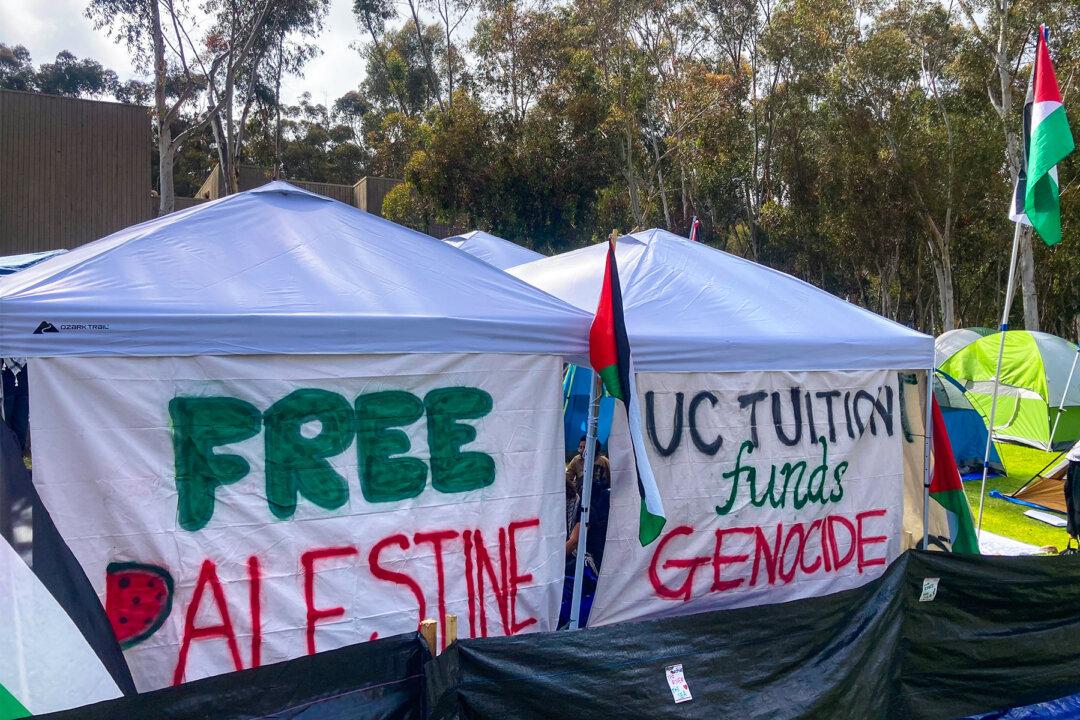As pro-Palestinian protests roil college campuses across the United States, some colleges have offered protesters concessions on their demands in exchange for clearing their encampments.
Although specific student demands vary from campus to campus, one core demand remains universal: that colleges divest from Israel. That means withdrawing funds their endowments have invested in businesses that are linked to Israel, as well as ending any academic or business partnerships with Israel.





